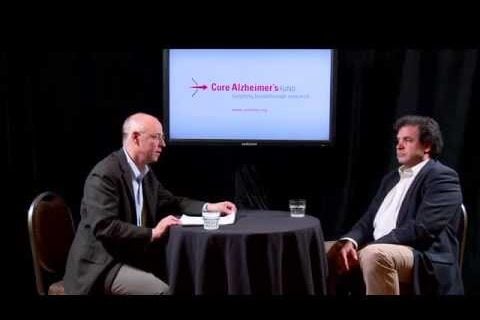
Alzheimer’s Risk from Family History
GENETICS & LIFESTYLE VIDEO: How do family history and genetics affect a healthy person’s risk of Alzheimer’s? Watch Harvard’s Top Alzheimer’s researcher, Dr. Rudy Tanzi, offer down-to-Earth insights.

GENETICS & LIFESTYLE VIDEO: How do family history and genetics affect a healthy person’s risk of Alzheimer’s? Watch Harvard’s Top Alzheimer’s researcher, Dr. Rudy Tanzi, offer down-to-Earth insights.
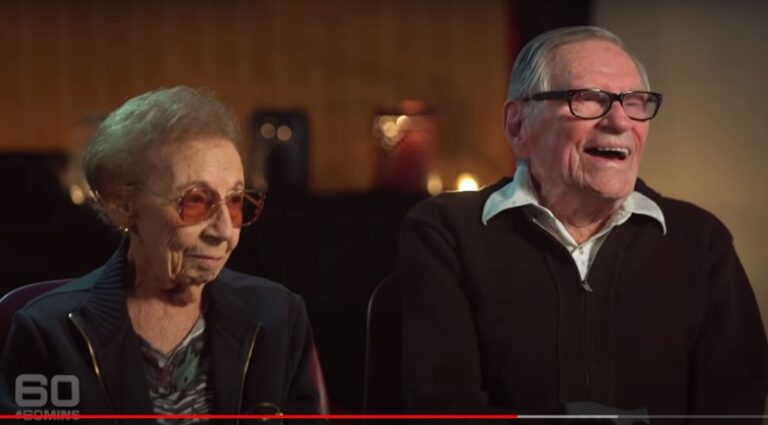
In the hunt to cure dementia, a special elderly group seem to hold the key.

Ten years ago, we knew of only 10 genes associated with Alzheimer’s. Today, we know of more than 70 relevant genetic regions. Understand the role genes play in Alzheimer’s.
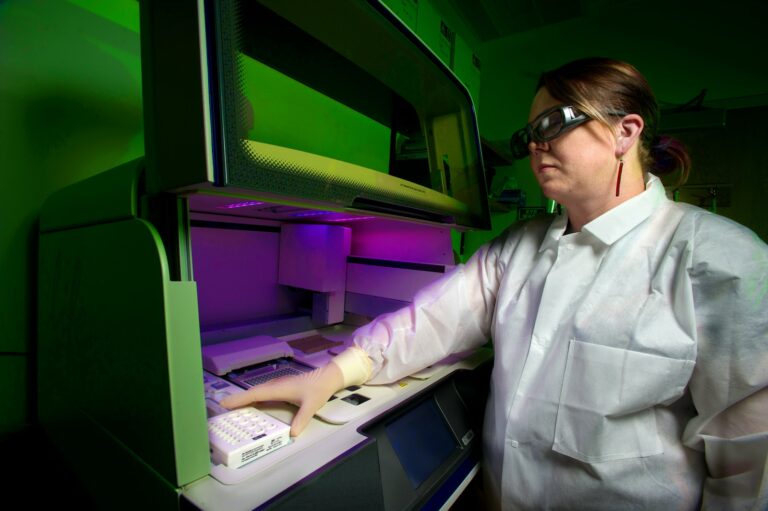
VIDEO+ARTICLE: Kenneth S. Kosik traced an Alzheimer’s gene mutation to a 16th century founder. See him solve this puzzle of the past and show why this can help the future.
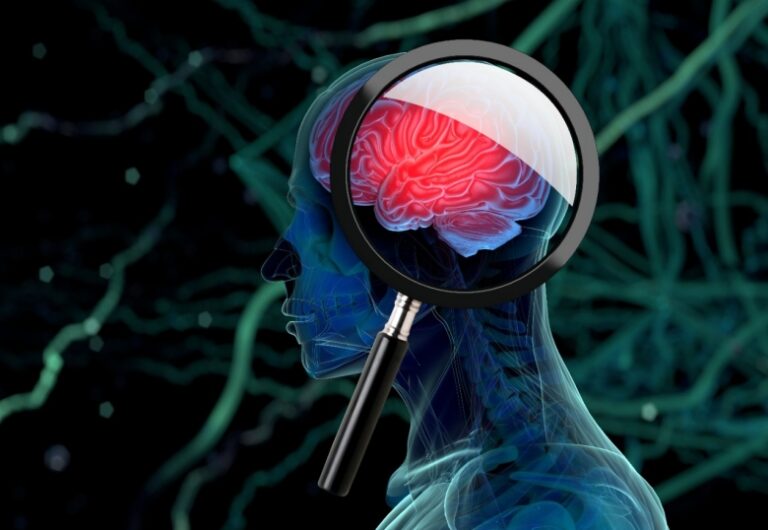
“The night after we found that out, I couldn’t sleep,” said Senior Researcher Dr. Emmanuel Mignot. 1 in 5 people have DR4.

A massive study of medical and genetic data shows that people with a particular version of a gene involved in immune response had a lower risk of Alzheimer’s and Parkinson’s disease.
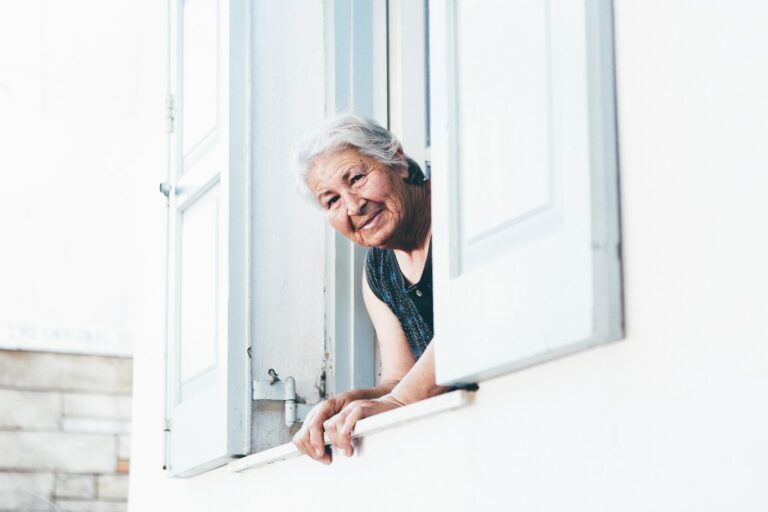
One woman held the genetic key to unlock the mystery of how she was the only one free of early-onset Alzheimer’s, out of 1,200 members of a South American family,
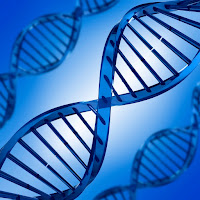
Most of the time, it takes a combination of genetics, bad environment and unhealthy lifestyle to trigger Alzheimer’s. However, one gene called apolipoprotein E (APOE) can make a big difference.
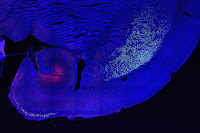
Scientists say the neurons responsible for transforming experiences into memories are always the first to go in Alzheimer’s. Now they’re taking a closer look to try to figure out why, and what to do about it.
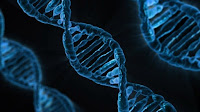
Until now, scientists were unsure about how APOE4 creates the strongest genetic risk factor in Alzheimer’s. Now they believe they know.

This beautiful song captures a son’s dedication to his father with Alzheimer’s. Starting from his window in a care facility, the gorgeous imagery unfolds into a most moving music video.

Australian researchers show nanoparticles that contain curcumin, from turmeric, not only prevent cognitive deterioration, but also reverse the damage. Find out more about this exciting development.

Getting in and out of a car’s passenger seat may not be simple, once dementia sets in. Learn the skills needed.

SHORT-TERM MEMORY lapses are obvious signs of Alzheimer’s, but other tell-tale signals begin to show much earlier. Learn how to look for semantic impairments, such as simple questions about size.

Three important dementia studies focus on HS-AGING, a type of dementia almost as common as Alzheimer’s in the 85+ group. Yet few people have heard of it. Why? What makes it different?

An intriguing study of 120 grandmothers might surprise you. Doctors know socially engaged people have better cognition and less dementia. But can a person get too much of a good thing? What’s the right balance?

Enjoy this great duet between a musician with dementia and his son. A triumph of spirit over Alzheimer’s! Sing-a-long if you like!
No spam, only news and updates.
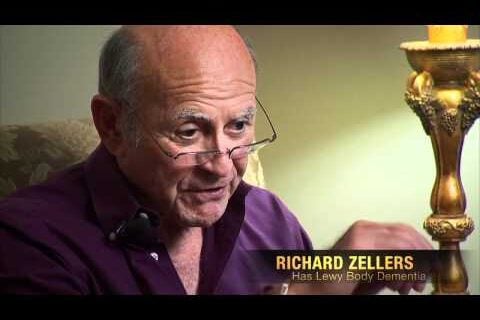
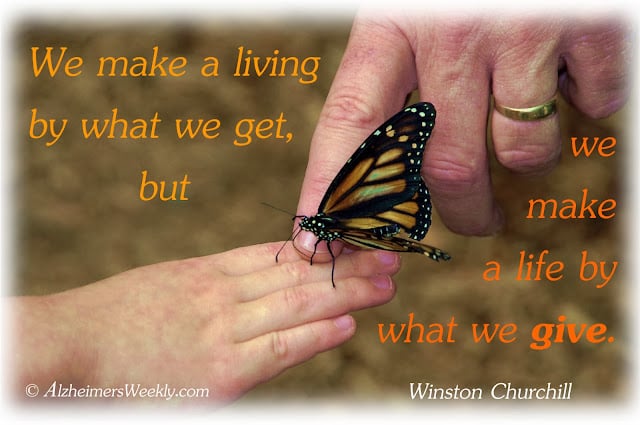
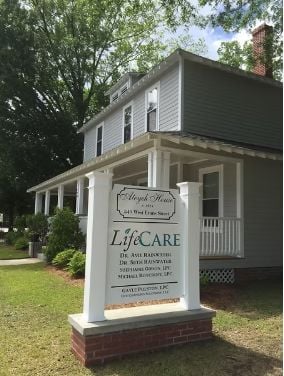
This site was inspired by my Mom’s autoimmune dementia.
It is a place where we separate out the wheat from the chafe, the important articles & videos from each week’s river of news. Google gets a new post on Alzheimer’s or dementia every 7 minutes. That can overwhelm anyone looking for help. This site filters out, focuses on and offers only the best information. It has helped hundreds of thousands of people since it debuted in 2007. Thanks to our many subscribers for your supportive feedback.
The site is dedicated to all those preserving the dignity of the community of people living with dementia.
Peter Berger, Editor